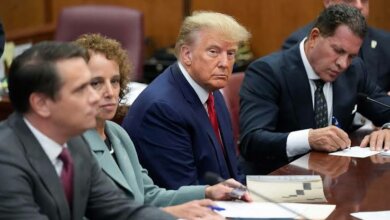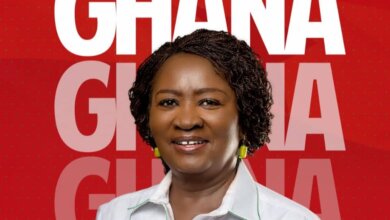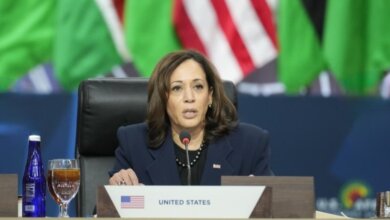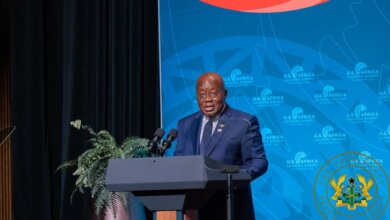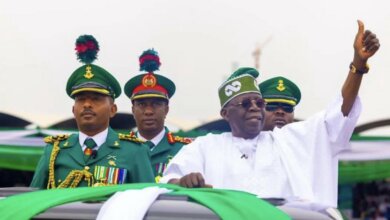Nigeria’s protest, and the president’s call for dialogue
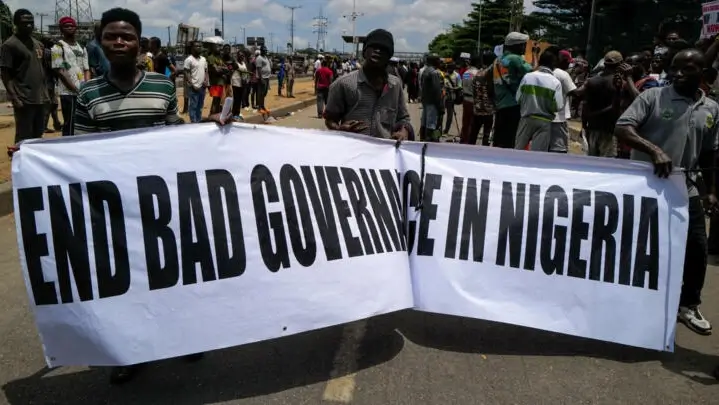
Nigerians are taking to the streets to protest against political, economic, and the reversal of some government policies. The protest started on August 1 with the hashtag #EndBadGovernance, anticipated to end on August 10.
The West African country is experiencing the worst crisis related to rising living expenses in a long time. The withdrawal of petrol subsidies and the floating of the naira are some of the major policies that have caused prices of things to increase by more than four times.
In a televised speech, on the third day of the protest, the Nigerian president Bola Ahmed Tinubu stated, “my dear Nigerians, especially our youth, I have heard you loud and clear,” and he added that he understood their “pain and frustration.” He continued to defend his economic measures, which the protesters accuse of being the cause of their suffering since he took office in May 2023, especially the sharp increase in prices.
According to the president, putting an end to the protest would make space for conversation because looters had taken over the protests in some places. However, president Tinubu made no mention of revoking any of his policies.
The social media hashtag #EndBadGovernance which was used to arrange the protests, was motivated by the recent success of protesters in Kenya, who forced the country’s government to abandon plans to introduce tax increases.
President Tinubu also expressed his concern about the deaths in four northern states and the damage to public buildings. Following accusations of brutality by local authorities against “hoodlums,” Borno, Jigawa, Kano, and Yobe enforced curfews. In contrast to the protest organisers’ pledge, Mr. Tinubu pointed out, “the wanton looting of supermarkets and shops.”
Kano City’s protests attracted the biggest turnout on the first day, but there were reports of lootings as well. Throughout his televised statement, the 72-year-old president stated, “as the president of this country, I must ensure public order.”
In a statement, Amnesty International said that 13 people had died across the country and urged the governor of Kano to “form an independent judicial commission of inquiry to investigate the killing of at least 10 hunger protesters.”
A portion of the people who had assembled in the Kano suburbs were captured on camera waving Russian flags and pleading with Russian president Vladimir Putin for assistance. Some of the people in Kano went on to disobey the lockdown order.
Other protesters used the Russian flag as their profile photo on WhatsApp, with some adding the words “Rasha Uwa,” which translates to “Russia our mother” in Hausa.
Reputable security analyst Bulama Bukarti of Nigeria issued a warning, stating that the use of Russian flags was becoming more widespread and may be dangerous. He stated on X, “I implore protestors to exercise caution and not allow themselves to be duped by forces of instability with their own evil agendas.”
In the first 3 days, security personnel in Abuja’s capital used tear gas to disperse protestors from a stadium that was set aside as a meeting place in the heart of the city. Businesses in Lagos and several areas of Abuja that had been closed during the initial protests started to reopen.
With the protest now in its tenth day, it is still unclear if the president’s speech would be enough to calm the Nigerians demonstrators.
Written by Precious Adams
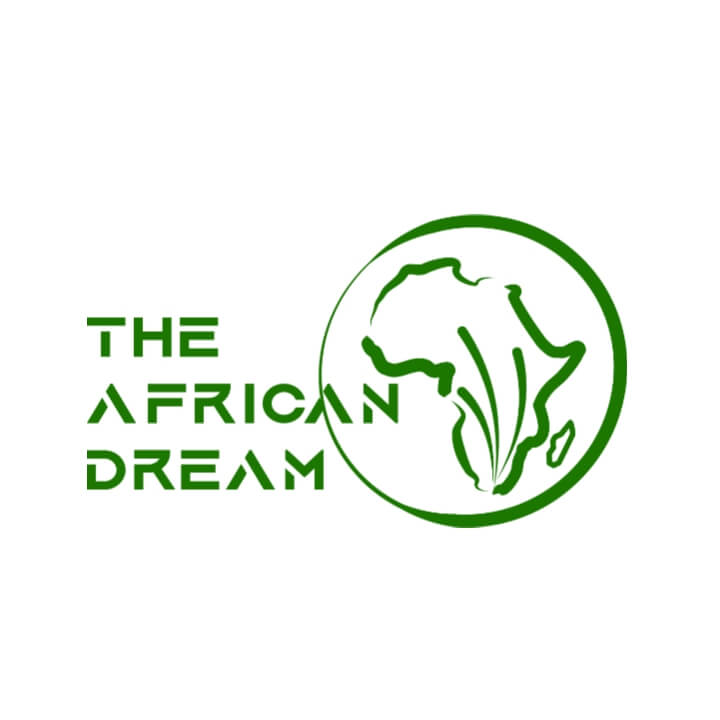
This article is published by either a staff writer, an intern, or an editor of TheAfricanDream.net, based on editorial discretion.

